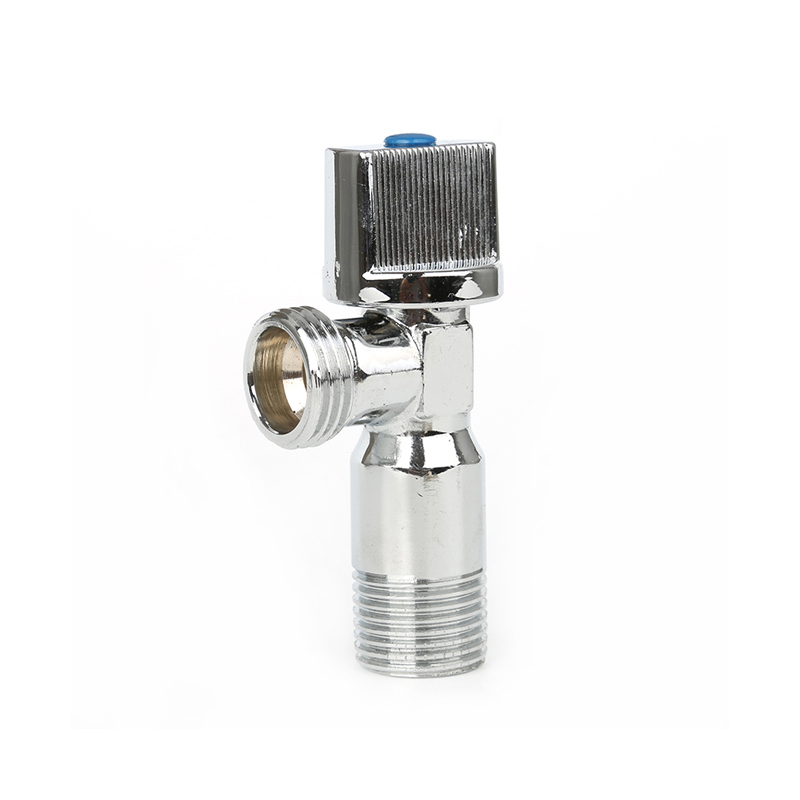Understanding the Brass Angle Valve
The brass angle valve, also known as a corner valve or stop valve, is a type of quarter-turn valve designed to regulate the flow of water by either completely blocking or allowing it to pass through a pipeline. Its distinct angled design, typically at 90 degrees, allows for easy installation in tight spaces where a traditional straight valve might be challenging to fit.
Features and Advantages
Durability: Crafted from brass, an alloy of copper and zinc, these valves boast exceptional durability, corrosion resistance, and longevity. The brass construction ensures reliability, making them suitable for various environments and applications.
Space Efficiency: The unique angled design of the valve enables it to be installed in confined spaces or at the junctions of pipes, facilitating easier access for maintenance or shut-off purposes.
Precise Control: Brass angle valves provide precise control over the flow of water. The quarter-turn handle allows for quick adjustments, enabling users to regulate water flow accurately.
Versatility: These valves are versatile and adaptable, compatible with different plumbing systems, including residential bathrooms, kitchens, industrial facilities, and commercial buildings.
Applications Across Industries
Residential Plumbing: Brass angle valves are commonly used in residential plumbing systems, particularly in bathrooms and kitchens, to control the flow of water to sinks, toilets, showers, and appliances. Their space-saving design makes them ideal for tight spaces under sinks or behind toilets.
Commercial Buildings: In commercial settings such as offices, hotels, and restaurants, these valves are crucial for controlling water flow to various amenities, ensuring efficient water management and conservation.
Industrial Use: Brass angle valves find applications in industrial settings, including manufacturing plants and factories, where they regulate water flow in machinery, boilers, and other equipment.
Medical Facilities: Their reliability and ease of use make brass angle valves suitable for use in medical facilities, providing control over water supply to sinks, sterilization equipment, and laboratories.
Maintenance and Care
Regular maintenance is vital to ensure the continued functionality and longevity of
brass angle valves. Routine inspections for leaks, corrosion, or wear, along with periodic lubrication of moving parts, are essential maintenance practices. Any signs of wear or damage should be promptly addressed through repairs or replacements to prevent potential failures.
Future Trends and Developments
As plumbing technologies continue to advance, innovations in materials and design will likely improve the performance and capabilities of brass angle valves. Future developments may focus on enhancing corrosion resistance, incorporating more eco-friendly materials, or integrating smart technologies for remote monitoring and control.

